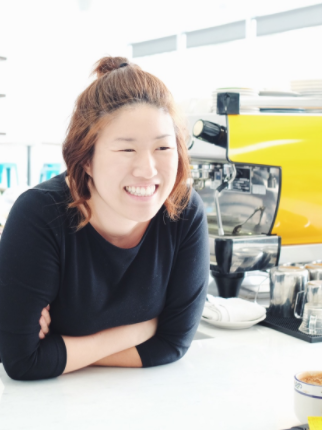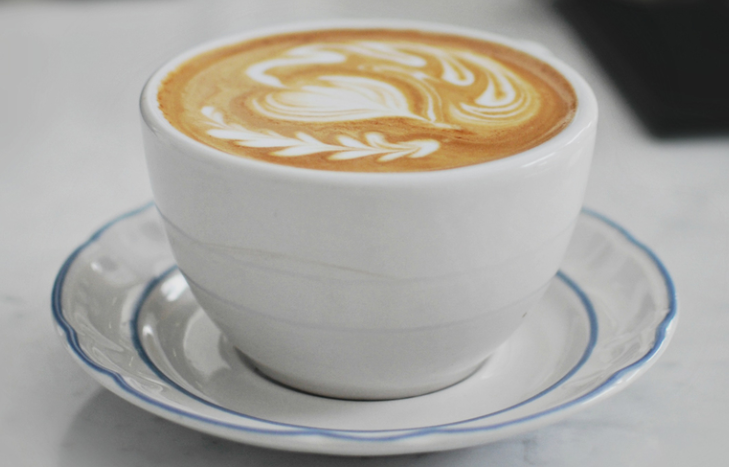This November, MHT is participating in the Miry’s List Friendsgiving Fundraising Drive. The money goes to programs that support refugee families that have been resettled in the United States. In tandem with these efforts, our clinicians are writing posts reflecting on what home means to them.
As children, I think we take for granted that a home is gifted to us. It’s made for us through the routines, the four walls that surround and the emotional rhythms that build a sense of familiarity and holding. As we grow, that sense of belonging to a place and a people translates to a more robust internal belonging and holding that allows us to venture further and further out into the world...but this is tricky because the world is not a stable place. It’s ever-changing and so are we. At moments, that is utterly terrifying — and also wild and wonderful, if we can tolerate it. As Heraclitus says, “No (wo)man ever steps in the same river twice, for it's not the same river and (s)he's not the same (wo)man.”
So in the midst of such constant change, how do we still find a way to be in the world, to build a home under ever-changing conditions? I think the answer is found not in the concept of home per se but what a home provides us, which is a place of dwelling. To dwell is to linger, to safely be. In adult life we have to work at it, with intentionality, to find places, people, and practices that helps us make contact with our beingness. I identify these connections and spaces in the form of an exhale. When I truly breathe out, I know I’ve found a piece of home and a place to dwell.
“...how do we still find a way to be in the world, to build a home under ever-changing conditions? I think the answer is found not in the concept of home per se but what a home provides us, which is a place of dwelling. ”
HERE'S HOW YOU CAN PARTICIPATE IN FRIENDSGIVING WITH US:
Give! Visit our Miry’s List campaign page and make a donation. It's that simple and no sum is too small. Truly.
Follow! Be sure to follow us on Instagram and our blog throughout the month of November. We will be reflecting on what it means to be welcomed, received, and known.
Share! Help us spread the word. You can do this by sharing our social media posts or links to our Miry’s List Friendsgiving Fundraiser page.
******
A little about Miry’s List:
Refugee families come to the United States seeking a safe haven from violence and persecution in their home countries. They leave behind family and friends, as well as virtually everything they own. Many Americans, seeing these families in their communities, wonder: What can I do to help? Miry's List provides a mechanism for people to directly help new arrival refugee families with the things that they need to get started in their new lives – from diapers to beds to cleaning supplies and toiletries. To learn more, visit miryslist.org.
Michelle Harwell, PsyD, LMFT is an expert trainer, respected speaker, and licensed therapist in trauma and attachment. She is noted for her specialization in areas of development, attachment, trauma, and neuroscience, and her ability to communicate complex topics with clarity and humor.











